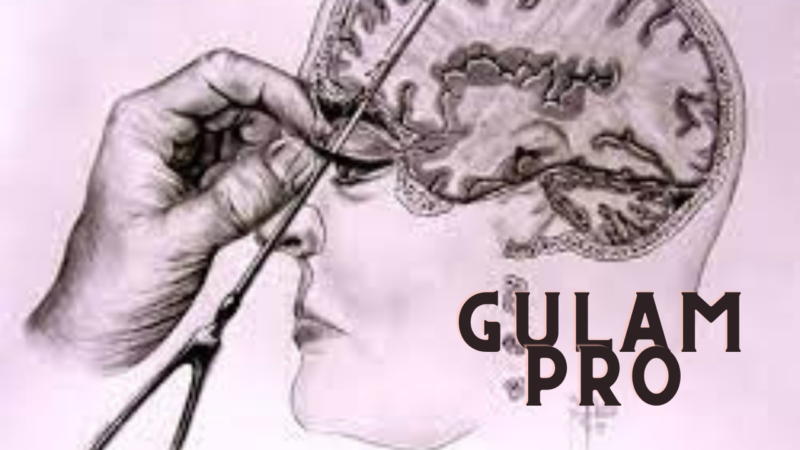Julio Ramón Ribeyro: A Literary Master of the Marginalized

Introduction
Julio Ramón Ribeyro, a Peruvian writer of exceptional talent, stands as a towering figure in the realm of Latin American literature. Born in Lima, Peru, on August 31, 1929, Ribeyro’s literary journey was marked by profound introspection, social consciousness, and a masterful command of language. His works, spanning a diverse range of genres, including short stories, novels, plays, essays, and aphorisms, have garnered critical acclaim and left an indelible mark on the literary landscape.
Ribeyro’s early life was shaped by a blend of privilege and hardship. Born into a family with roots in the Peruvian aristocracy, he experienced the trappings of upper-class society, yet also witnessed the stark realities of poverty and social inequality. These contrasting experiences would profoundly influence his literary output.
Ribeyro’s formal education began at the Colegio Champagnat in Lima, where he received a rigorous academic foundation. Later, he pursued law studies at the Universidad Católica del Perú, but his passion for literature proved irresistible, leading him to abandon his legal pursuits in favor of a literary career.
Master of the Short Story
Ribeyro’s literary prowess is most evident in his short stories, where he delves into the complexities of the human condition, particularly the struggles of marginalized individuals navigating a society fraught with social injustice. His stories are often characterized by their poignant realism, subtle irony, and profound psychological insights.
Ribeyro’s debut collection, “Los gallinazos sin plumas” (Featherless Buzzards), published in 1955, established him as a leading voice in Latin American literature. The collection explores themes of poverty, alienation, and disillusionment, capturing the harsh realities of life in Lima’s slums.
Ribeyro’s mastery of the short story continued to shine through in subsequent collections, such as “Cuentos de circunstancias” (Tales of Circumstance), “Tres historias sublevantes” (Three Subversive Tales), and “La palabra del mudo” (The Word of the Mute). His stories resonated with readers worldwide, earning him recognition as one of the most influential short-story writers of his generation.
Beyond the Short Story: Exploring Diverse Genres
While Ribeyro excelled in the short story, his literary talents extended beyond this genre. He authored novels, including “Crónica de San Gabriel” (Chronicle of San Gabriel) and “Los geniecillos dominicales” (The Sunday Wizards), which further explored themes of social class, identity, and the pursuit of artistic fulfillment.
Ribeyro also ventured into the realm of theater, penning plays such as “El aplauso” (Applause) and “Santiago el pajarero” (Santiago the Bird Catcher), which showcased his ability to capture the complexities of human relationships and societal dynamics.
His essays and aphorisms further enriched his literary legacy, offering insightful reflections on literature, culture, and the human experience.
Social Consciousness and the Marginalized
Ribeyro’s literary works were deeply rooted in social consciousness, bringing to light the struggles of the marginalized and the underprivileged. His stories often featured characters from Lima’s urban underbelly, individuals grappling with poverty, alienation, and the pursuit of a better life.
Ribeyro’s portrayal of these marginalized figures was not one of pity or condescension, but rather one of empathy and understanding. He captured their resilience, their dreams, and their struggles with a profound sense of humanity.
Legacy and Recognition
Julio Ramón Ribeyro‘s literary contributions have earned him a place among the giants of Latin American literature. His works have been translated into numerous languages and continue to be studied and admired worldwide.
In 1994, the year of his passing, Ribeyro was posthumously awarded the prestigious Juan Rulfo International Prize for Literature, a testament to his enduring legacy.
Conclusion
Julio Ramón Ribeyro‘s literary legacy stands as a testament to the power of storytelling to illuminate the human condition, particularly the struggles of the marginalized. His works continue to inspire and challenge readers, offering profound insights into the complexities of life, society, and the pursuit of dreams.






